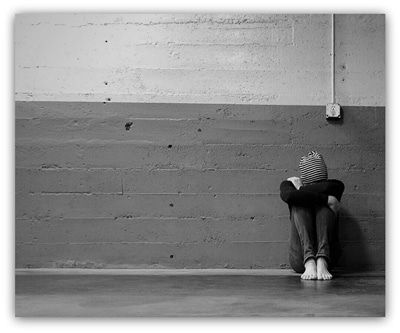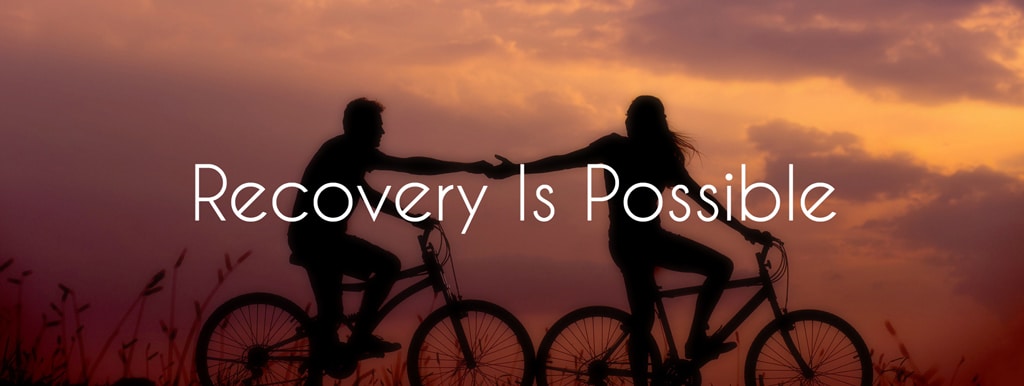
“If they can choose to use, they can choose to stop.”
We hear that a lot. But what if that statement is incorrect? What if a person addicted truly cannot stop?
If you’ve never experienced addiction, we have an illustration we’d like for you to consider, but before we do that, we’d like to list some of the more critical comments we’ve read lately.
- “Sorry, brain cancer is a disease, sucking on a crackpipe is a CHOICE, no matter what causes it.”
- “It’s a disorder now??? I just quit.”
- “If you want to quit, quit. That’s what I did.”
- “You have to have will power and self control. Addicts are just weak.”

It’s true that many people who become addicted arrived at this place because of bad choices. Those that fall into that category would be the first people to point that out! There are also a lot of people who ended up addicted, not because of bad choices, but because of an accident, an injury, or because of debilitating pain caused by an illness.
Excruciating, chronic pain is another thing that unless you’ve experienced it, you may have absolutely no idea just how bad it can be.
For people who must rely on pain medication to simply get out of bed, or walk across the room, or perform every day, personal hygiene, the medication is both a lifesaver and a shackle. If their body stops responding to the meds, they might find themselves bedridden, unable to move without agony if they don’t find another solution that works.
Have you seen the movie Cake with Jennifer Anniston? We recommend it. You don’t even have to watch the whole thing. Just up to the point where she finds her only relief in her swimming pool. She’s in too much pain to take off her PJs, so she just wades in. The character in the movie could be you… could be me… and it is a lot of the people we treat for addiction.
Putting yourself in another person’s shoes is the key to empathy and understanding. And that’s where our illustration comes in.
What’s it feel like to be addicted? Of course, if you’ve not been there, you can’t know but you can try to understand.
Start with this: Imagine you quit drinking water cold turkey.

Water is a must to survive and to feel healthy and normal, we all know that. But what if you go with out for one day? For two? For three? Or more? Most of us haven’t experienced severe life-threatening dehydration. What would that be like?
If under normal circumstances (normal temperatures and routine daily activities), going one day is probably not going to be a big deal. Sure, you’re a little thirsty but you’re not too distracted by it.
Going into day two, though, your thirst is growing and your mouth is dry. While you’re still able to go about the tasks of life, you find yourself thinking about water a lot and with each hour that passes, you’re getting more uncomfortable.
By day three and four, life is interrupted. Things are changing in your body and you’re really feeling it. You have a headache and decreased urine output. Your desire for water is consuming your thoughts. As the hours continue to morph into days, you get unbearably tired, sleepy or even dizzy. Your mouth is sticky and you’re becoming terribly irritable and increasingly obsessed.
It’ll be horrible soon. You’ll get constipated, lightheaded, and you’ll feel your skin drying up. You’ll get muscle cramps and pretty soon, your blood pressure will drop and you’ll have a rapid heartbeat.
As water deprivation continues, you’ll break into a fever and then you’ll begin the process of dying. The word ‘desperate’ describes you and every fiber of your being.

On your mind is nothing but water. Not work. Not family. Not money. Water. It doesn’t even have to be clean. Hell, you’d drink from the toilet if you could.
Let me ask you this: Would you lie to get water if you had to? Would you steal it? Would you deceive the ones you love if that’s what it took for just one sip? How far do you think you would go to feed your biological need for water?
Opiate addiction works in a similar way.
Once the body has become physically dependent, the brain will kick into survival mode when it’s not getting the thing it believes it needs to survive. It will send out signals resulting in the symptoms that parallel the water example. Desperation will take over the mind and every physical sensation from head to toe.
Without the drug, you will believe you’re dying.
There are a small number of people who can overcome and survive these symptoms without assistance. But we can’t make the story of that small percentage everybody’s story. They might say, “I did it on my own so you can do it”. But the fact is, their body isn’t your body. What works for one person may not work for the next.
People end up addicted to opiates for a whole lot of different reasons. Each person has their own story for why they ended up in that situation.
You may disapprove of their choices. On the other hand, if you listen to their story, you may gain a new understanding of just how vulnerable we all are to the possibility of addiction.
As the US Surgeon General said in his report on Addiction in America, “We can never forget that the faces of substance use disorders are real people. They are a beloved family member, a friend, a colleague… and ourselves.”

Thank you for reading. If you’ve found this article helpful, please share it. And if you or someone you love is struggling with opiate dependency, call us at (800) 805-6989 or send a text to (678) 333-1546.
